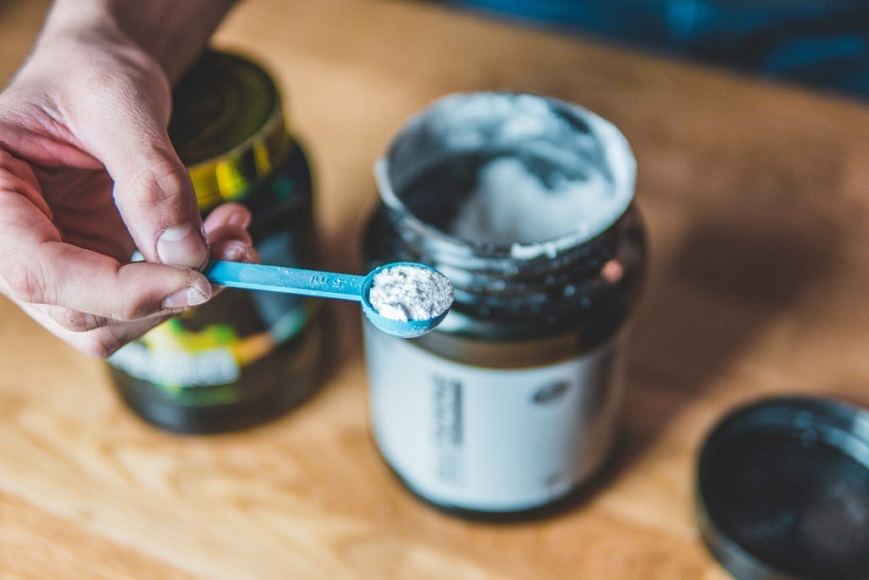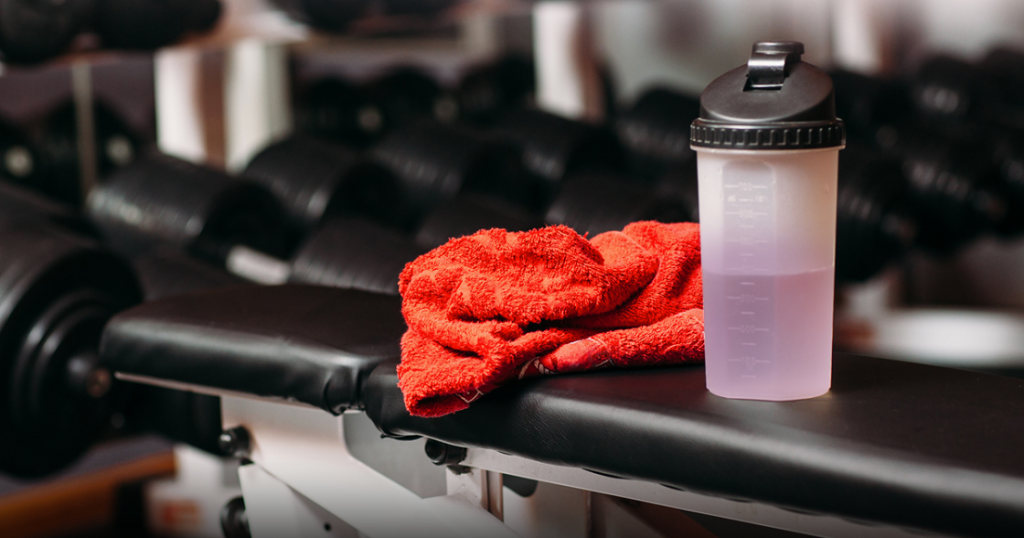So, you’ve finally mustered the strength to implement changes in your day-to-day life to reach your weight, muscle, and physique goals. Many never make it past the “New Year’s Resolution” stage, so you deserve the praise. Still, remember that Rome wasn’t built in a day, and instead of letting your initial struggle rob you of your motivation, keep going.
Another way to help you stick through with your initial plan is to boost your nutrition with a supplement that can speed up muscle recovery and provide more muscle protein, all beneficial for gaining strength and endurance. You may not think supplementation is that necessary, but sometimes diet alone doesn’t provide you with the needed vitamins and minerals that you also lose with workouts.
Now, the market is overwhelmed with synthetic and natural options available both online and in-store. And this can make deciding what to buy hard. To make it easier for you, know there are two essential sport nutrition products that athletes swear by: glutamine and BCAAs. Let’s find out why that is.
Is Glutamine Good for Working Out?

Yes, even though it’s a non-essential amino acid because it’s already created in the human body. As such, it’s a building block of a protein crucial not only for the muscles but the overall health and well-being given its role in the immune system and cell health too. Differing the molecules, there are two forms of glutamine: L-glutamine and D-glutamine.
In terms of food and sport nutrition formulations you can find from trusted suppliers and reliable Aussie brands like ATP Science, it’s the L-glutamine that’s the sought-after form. Even though it’s abundantly present in our bodies, there are some cases when we need more of it, which is where getting a boost in the form of supplements can be of help.
Injuries, illnesses, very stressful conditions, and being overweight or obese are examples of such scenarios. The body then breaks down muscle tissue to obtain the amino acid. Cell death may occur if this amino acid is deficient. On the plus side, if you take five to ten grammes of L-glutamine (given in two five-gram doses) after working out and watch your diet to ensure it’s healthy, you should expect to have less unwelcome soreness and fatigue and prevent muscle atrophy.
All this while also experiencing increased endurance, which makes this workout supplement a must for any athlete. So, it’s really important for those looking for more endurance during long workouts like bodybuilders and strength builders.
If you’re also the kind of person who keeps pushing the body to the limit to get a trimmer figure, glutamine might be just what you need to support the immune system’s health and cut down the risk of certain infections, such as respiratory infections as a result of intense training. And lastly, it’s also a great choice for improving digestive function and the digestive tract.
Is BCAA Good During Workout?

Yes, and they’re considered essential amino acids as they’re not created in the human body. As such, they can only be obtained through food sources (e.g. meat, dairy, eggs, poultry, fish) or sport nutrition supplements created in the suitable ratios of the three components – leucine, isoleucine, and valine. BCAA stands for branched-chain amino acids for their atom configuration.
What makes them different from other amino acids, and respectively supplements is the fact they are mainly metabolised in the muscles and not the liver, as they quickly enter the bloodstream, make it through the liver, and then end up in the active tissues i.e. muscles. With this muscle protein synthesis in mind, they’re great for building lean muscle and assisting muscle recovery. Although this is the same benefit as the glutamine alternative, they do this with more intense and short workouts rather than longer ones.
If you’re after getting an improved overall body composition instead of serious muscle mass and are into reducing stubborn abdominal fat, then this is the type of sports supplement you should try out. As for when you can take them, they’re fit for pre-workout as much as during and post-workout boosts. While you can start out with the low four-gram dose, studies have shown no side effects with higher amounts either, all the way up to 20 grams in multiple doses.
The typical ratio of leucine, isoleucine and valine is 2:1:1. Still, to make sure you gain from the supplementation instead of putting your body through a strain, consult a doctor or nutritionist to check the ideal option for you. Additional benefits you can expect from this specific dietary boost include lower blood sugar levels and a reduction in complications with the liver. Getting sustained levels of energy is also part of the advantages of taking BCAAs.



















